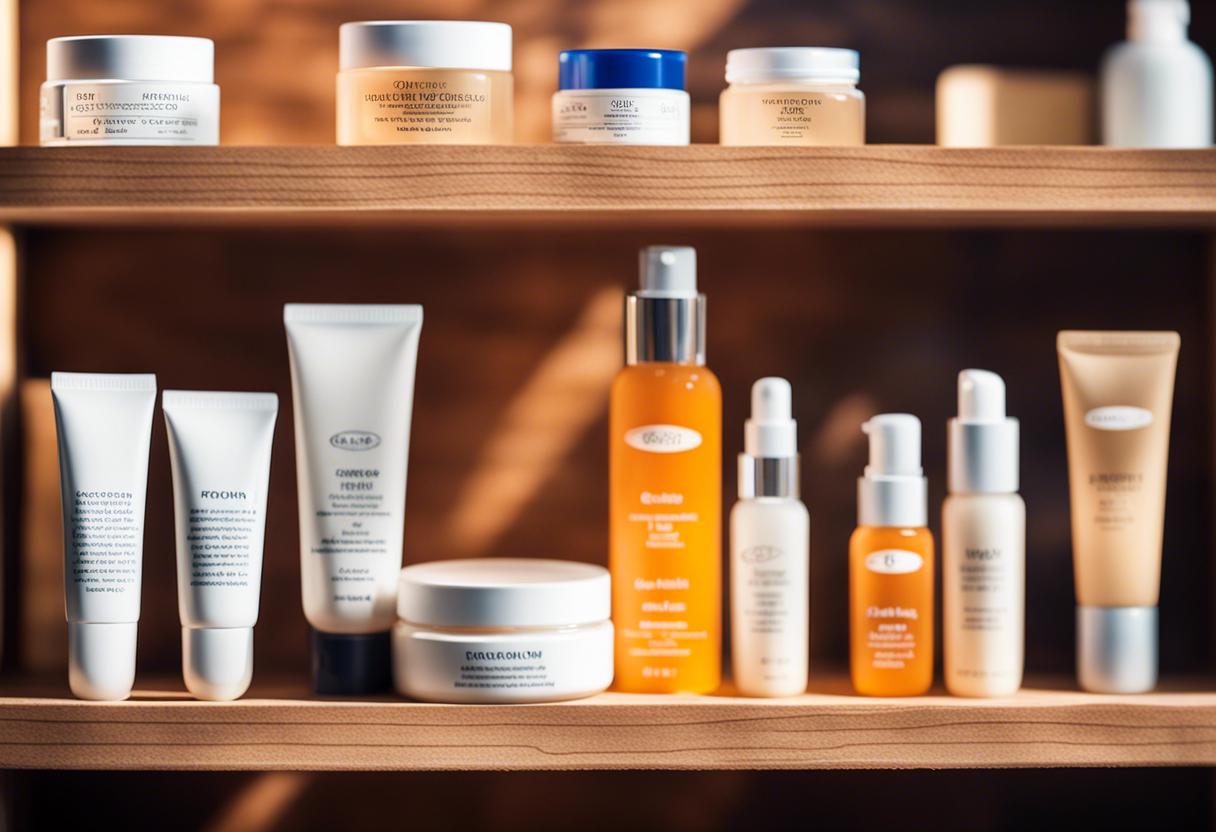Over the recent summer, Disney co-operated with the popular beauty line Bubble to commemorate the launch of the kid’s film Inside Out 2, rolling out a novelty “One of a Kind 3-Step Barrier Boost Routine”. Despite sounding like any other products promising enhanced skin, the presentation of this set is unique. With its bright colour scheme and charm of characters from the film, it’s clear that it’s specifically targeting children.
Valued at an impressive $186.60 billion globally, the skincare industry is thriving. In Ireland alone, roughly €232 million is spent annually on beauty products promising the illusion of age reversal and flawless skin. The fastest expanding segment in this prosperous market, under the influence of social media, is products catered for tweens; girls between nine and 12 years old. Known brands like ‘Drunk Elephant’, identified by its vibrant hues and charming cartoon elephant logo are heavily popular in this field. Drunk Elephant’s facial creams, containing ingredients such as glycolic acids and retinol which dermatologists deem inappropriate for children’s skin, can cost up to €100 for a single jar.
Little girls engaging in dress up games and testing out eyeshadow and lipstick is no novelty, it’s been a long-standing tradition. However, the trend of 10-year-olds feeling the need to use anti-ageing products has emerged as a completely new issue. The role of social media has undeniably contributed to the surge in children’s interest in skincare, particularly platforms like TikTok, with its abundance of videos targeting tweens by explaining complex skincare routines and promoting a range of purchasable products. A video featuring North West, the 10-year-old daughter of Kim Kardashian, with her nightly beauty routine went viral in 2023. This video features seven different products including a $90 hyaluronic acid serum from Kardashian’s own SKKN cosmetic line. The serum, credited for its anti-wrinkle properties, has created a stir amongst parents. The launch of the TikTok Shopping app in Ireland this coming October will do little to ease the anxiety of parents fearful that their children are being exposed to unsuitable beauty products.
Since its introduction in Ireland in 2018, TikTok has amassed a robust user base of over 2 million individuals every month. The application’s terms of use stipulate that all users be at least 13 years of age. However, research has revealed that roughly 37% of children aged 8-12 have downloaded the app. The soon-to-be-launched TikTok Shop will provide vendors with the capacity to peddle goods straight from the platform, capitalising on the substantial active user base. Though specifics about the operation of TikTok Shop in Ireland are still unclear, its USA counterpart, functional since 2023, discretely integrates specifically targeted ads into a user’s feed. TikTok benefits by procuring an estimated 8% commission on every transaction. Considering daily revenues exceeding $7 million, the incentive to induce more user spending is clear.
In the era preceding the internet, teenagers usually didn’t start skincare routines until they reached secondary school. The ritual, before the age of 14, typically involved using Sudacrem and a touch of kiwi lip balm from The Body Shop. However, societal norms evolve, and every generation challenges the boundaries set by their predecessors. The question of children maturing prematurely has always sparked debate. Many parents grudgingly accept that things are not as they were in their youth. However, when there are concerns about direct and tangible threats to children’s welfare, it becomes much harder to ignore.
The severe substances dermatologists are warning about are linked to a range of unwelcome effects. Symptoms like blistering, shedding of skin and heightened vulnerability to sunlight, are just a few of the problems cited by children who’ve encountered negative side effects using products meant for older skin types. The objections of both skin specialists and worried parents have led Drunk Elephant, the company, to clarify on Instagram that not every one of their offerings may be safe for their younger clientele. Nevertheless, there’s a striking contradiction in making such statements while persisting in using product packaging and promotional tactics that are clearly aimed at a very young demographic.
Beyond the physical side effects, the notion of telling 10-year-olds that they should be bothered by ageing is deeply unnerving. Targeted adverts that depict idealised beauty norms through manipulated imagery and videos virtually convey two assertions: you’re not sufficient as is, but we can offer you something to make you so. Recent research shows that 72 per cent of youngsters have indicated that their body image is a source of distress or difficulty, a figure that reaches 81 per cent among young girls. Very few children possess the cognitive skills needed to identify hidden advertising mixed in with captivating animations and influencer clips disguised as real, informal engagement. The more they are online, exposed to adverts correcting non-existing flaws, the less time they spend interacting with friends in the real world, pursuing hobbies and activities that may help instil self-esteem and a sense of self-value.
Although there are general ad regulations for children, the absence of rigid rules about promoting cosmetics to them lets brands maintain the pretence that their marketing aims solely at adults. Unless actions are taken to tackle this issue, the ongoing intrusion of consumer culture into children’s lives will persist.
Elaine Maguire O’Connor is a professional writer and advisor specialising in the field of fashion law.

